President of Russia Vladimir Putin: Ms Tsivileva, today I would like
to discuss the aspect of your work that is directly related to the Defenders of the Fatherland Foundation.
I know that a great deal is being done, but…
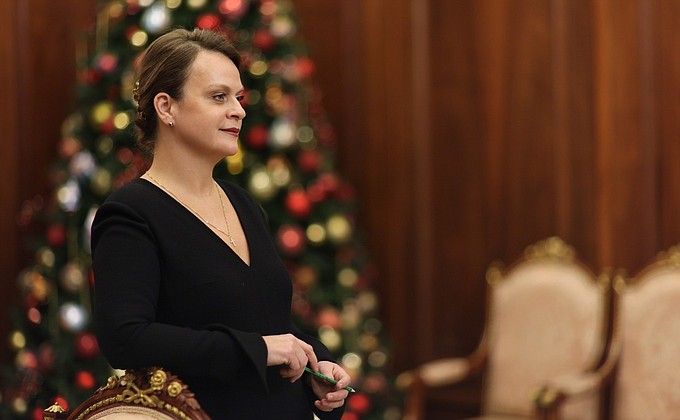
President of Russia Vladimir Putin: Ms Tsivileva, today I would like
to discuss the aspect of your work that is directly related to the Defenders of the Fatherland Foundation.
I know that a great deal is being done, but…
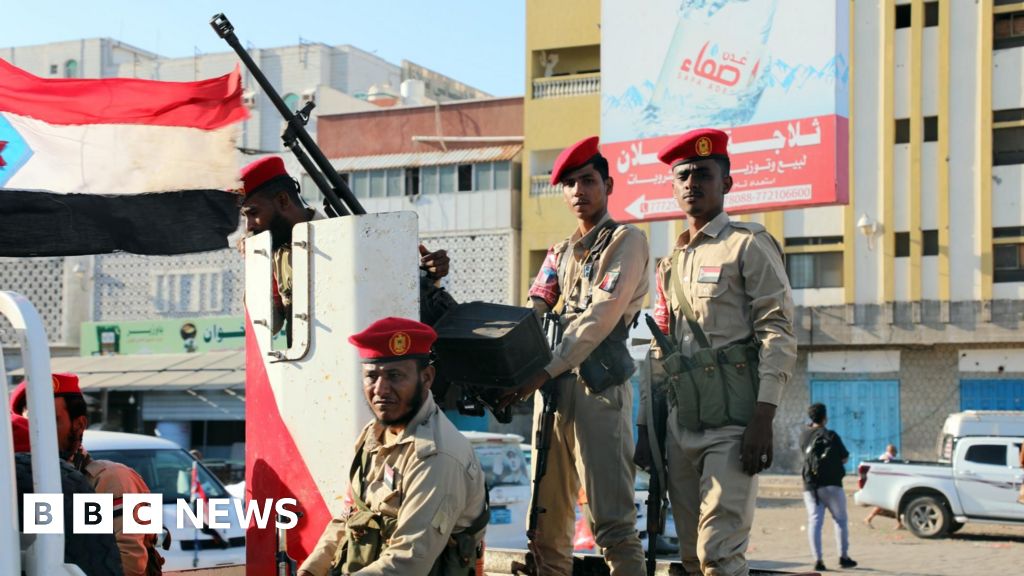
Saudi Arabia has backed a demand from Yemen’s presidential council for the United Arab Emirates to withdraw within 24 hours, after a Saudi-led coalition bombed what it said was a weapons shipment for UAE-backed separatists at the port of Mukalla.
Continue Reading
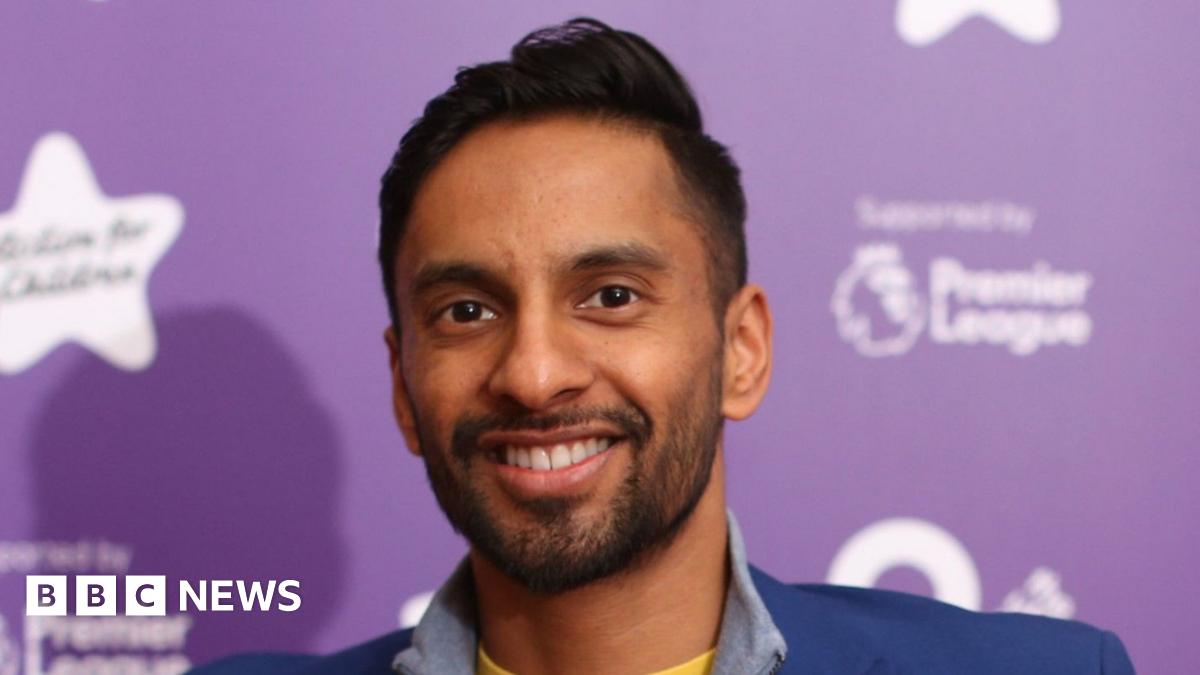
Seagull studied at Eton College, Berkshire, having applied after seeing an advertisement for scholarships at the prestigious school.
He attended the University of Oxford to study mathematics, but later dropped out, and re-enrolled and graduated…

Passengers at London St Pancras have been told that all Eurostar services to and from the station have been cancelled for today.
They have been advised to rebook for another day.
The operator said there is a problem with the overhead power supply…
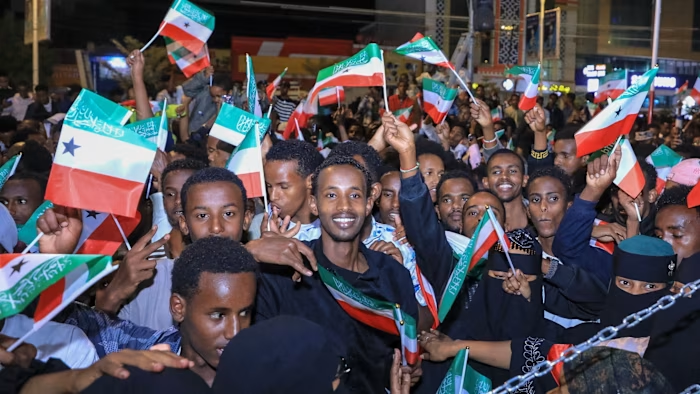
After three decades of relentlessly lobbying its neighbours and global powers to be recognised as an independent state, Somaliland can finally claim a victory.
But it came from an unexpected quarter — Israel — and it has drawn a widespread…
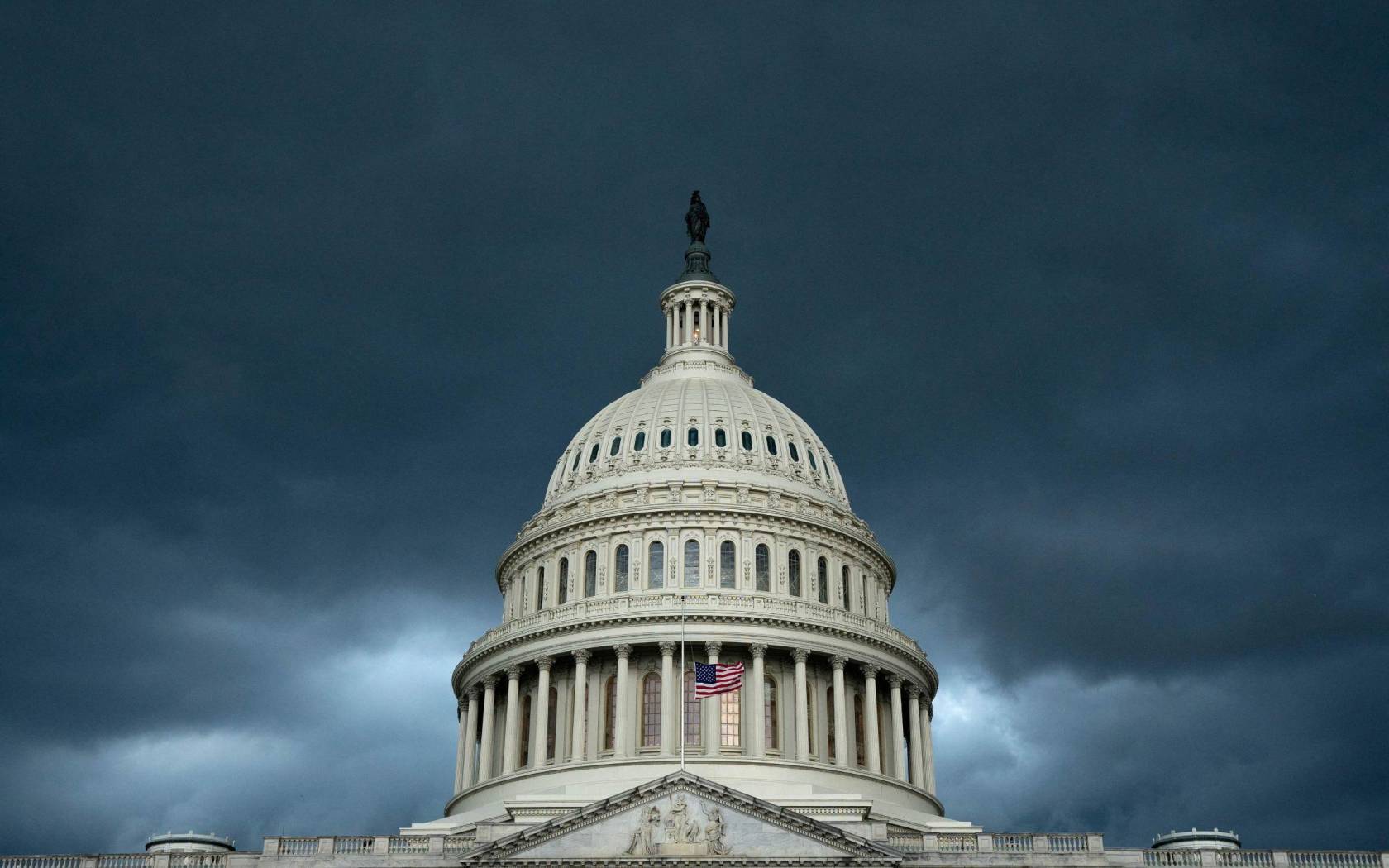
It has been a dark and stormy year, although not in as benign a sense as the much-mocked melodrama by Edward Bulwer-Litton from which this paraphrase of his opening line derives, nor as funny as the Peanuts cartoons that played on it….

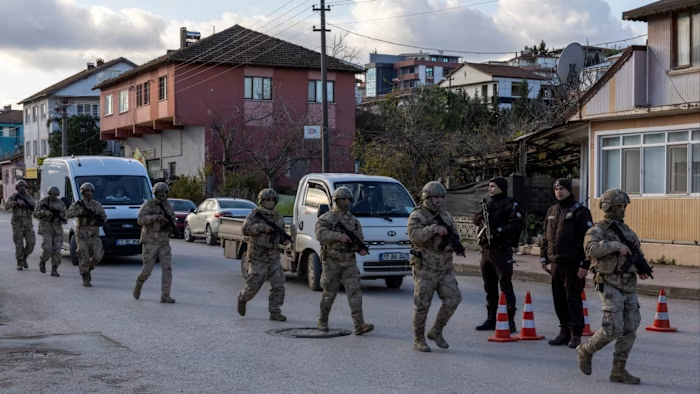
Unlock the Editor’s Digest for free
Roula Khalaf, Editor of the FT, selects her favourite stories in this weekly newsletter.
Turkish police detained more than 300 suspected Isis members on Tuesday, a day after a shootout south of Istanbul left…
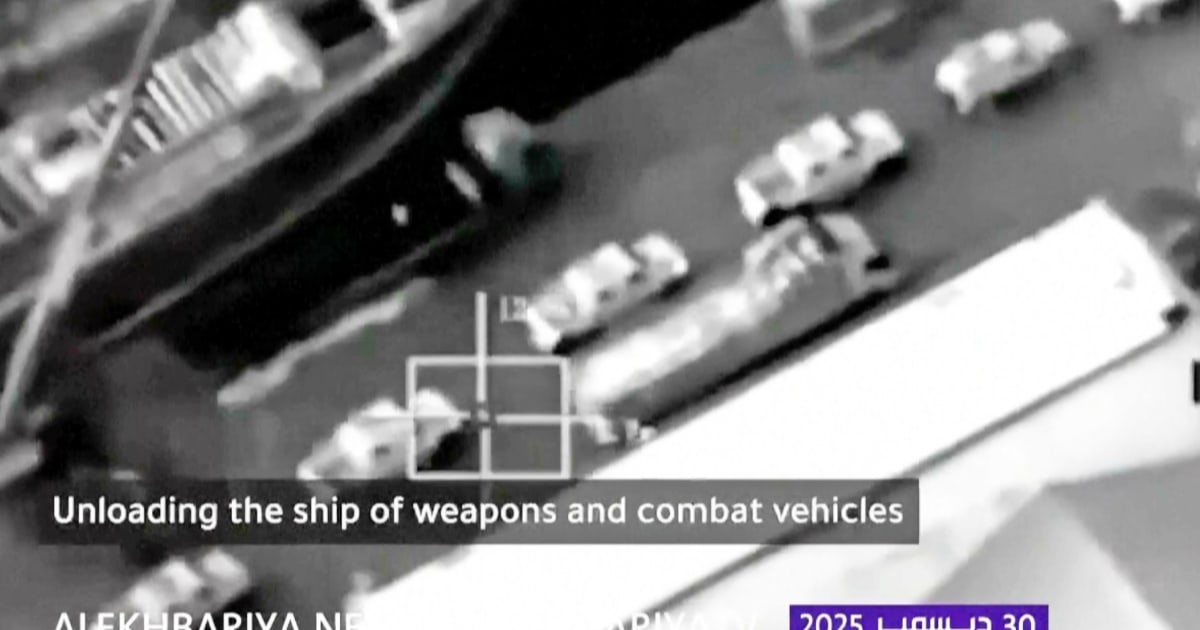
Saudi Arabia bombed Yemen’s port city of Mukalla on Tuesday after a weapons shipment from the United Arab Emirates arrived for separatist forces in the war-torn country, and starkly warned that it viewed Emirati actions as “extremely…